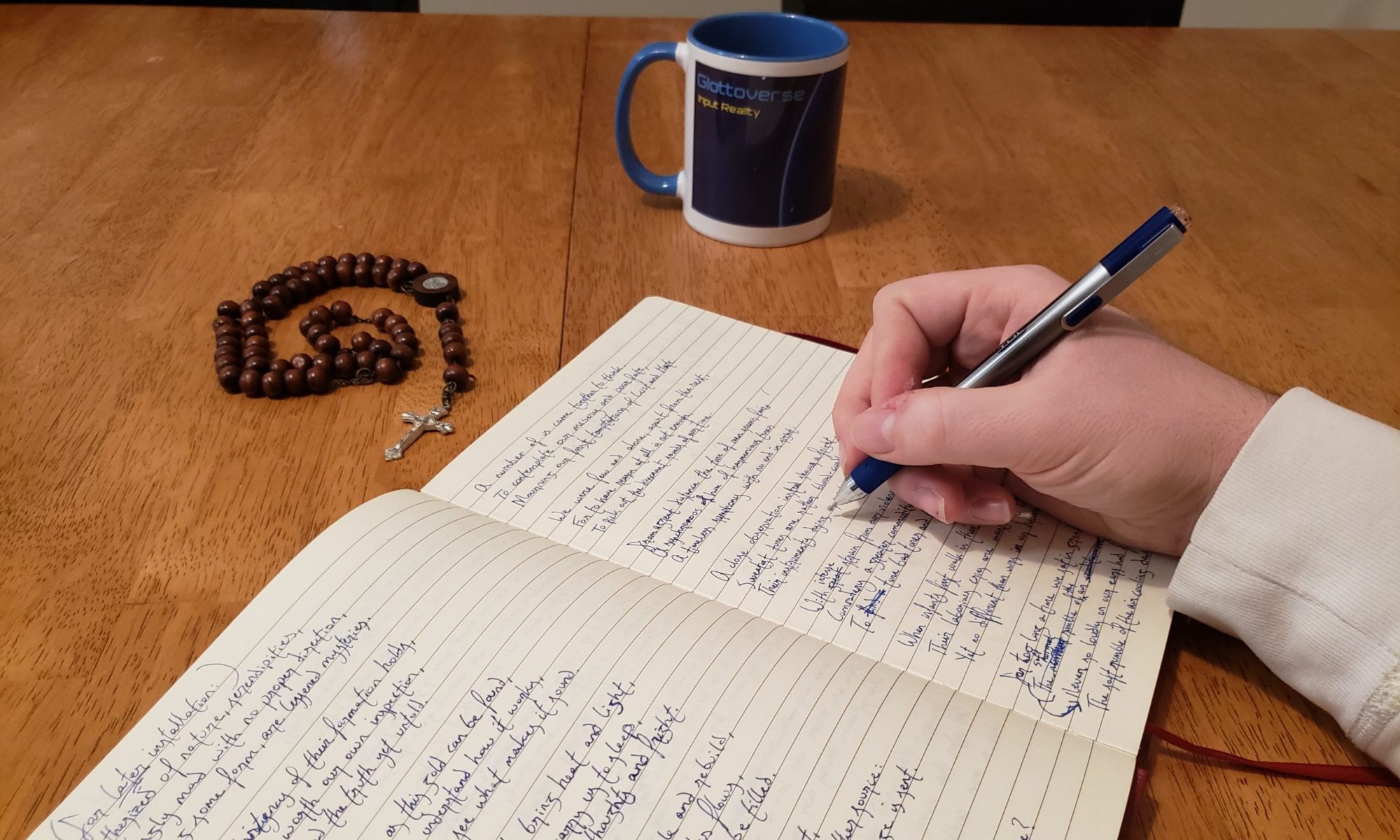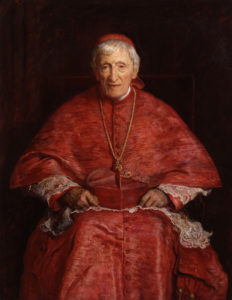Did you ever wish you could firebend like Uncle Iroh? Airbend like Aang? Metalbend like Toph? Then maybe you should think about learning a language.
Learning a language is a lot like learning to bend any of the four elements.

Just like many of you out there, my family and I have been rewatching Avatar: The Last Airbender ever since Netflix managed to get it put up (and save their revenue numbers, let’s be real). As we have rewatched this series I have had a whole slua of thoughts, but one big one is the connection that it has with language.
Besides the incredible amount of world building, character development, and awesome plot line, there is a basic element of awesomeness about this show and it’s fictional universe: people can control and bend the natural elements, namely Water, Earth, Fire, and Air. With gestures of the human body and movements of the will, people can make the natural elements conform to their desires. It is the subject of pure awe and wonder. I imagine you, as I, feel incredible envy when watching this. How awesome would that kind of power be?
Of course, one has to walk away sad from watching this series (not just because of the emotions that it really wrenches out of the audience) but because you know you will never be able to have that kind of power in the real world…
or can you?
Let me now draw a number of comparisons between language and the ability to bend the elements.
It is an ability confined to a specific group of people. The basic premise of the show is that if a person can bend the elements, it is a trait that is passed on genetically. So you end up with not a conglomeration of different element benders in the same place, but a divided set of nations, each with it’s own relationship to one of the elements (Earth Kingdom, Fire Nation, Water Tribe, Air Nomads). Additionally, a bender can only bend one element. If you are a bender in the Earth Kingdom, you likely are only an Earthbender.
Languages are also (typically) confined to a specific group of people. It is passed on, albeit non-genetically, from parents to children. There are of course exceptions which I will address later on, but the principal of language is that it has existence first within a defined community. Typically, also, we see that amongst most nations there is one overriding language that is either the norm or is simply used in the majority.
It has a unique manifestation within the people that use it. Bending is not any sort of willy-nilly movement of the body – it is a cultivated art. It is clear from the show that for a bender to become a master of their ability, they need to cultivate purposeful forms and learn to direct their abilities through refined and designed forms of body movements. Once someone has really learned the rules and principles of it, they can push the limits and even come up with new expressions of bending (like how Toph creates metalbending).
Scientists know that different language users have different biases, or skews, that affect how they view the world. More than that, the body has to become accustomed to contorting features of the mouth so as to produce specific sounds of a language. Every language is made up of different structures, and the body has to conform to these various structures. These language-specific conformations become so ingrained in the users that the users don’t even think consciously about how they do it – it becomes like breathing.
It has a unique relationship to culture. Even though not everyone is a bender in each of the societies, the nature of the element has a specific relationship to the people that, at the very least, live around it. It affects the way they dress, what kinds of values they hold, non-bending rituals, nomenclature, everything. In many ways, bending becomes a lens through which the entire people sees themselves.
Language, conversely, is used by nearly every single human being within a society. But certainly language is intimately married with every cultural expression found within the society that uses it. Language becomes the condensed expression of that culture, and is the entry point for looking into the culture and society that uses it.
While each bending ability is unique, it is centered in a common motion. At one point, Aang (the main character, the Avatar), learns from a Guru about chakras and about how spiritual energy flows through the person. It’s a bunch of hullabaloo in real-world terms, but the Guru gives a lot of insight into how this fictional universe is constructed. At one point, especially, he teaches Aang that even though people are bending different material substances, all benders access their abilities and manifest their abilities through the same motion of energy. Essentially, the stuff that makes up the different elements aren’t really all that different at a core level (so, atoms). The biggest difference comes in how that energy is moved by the bender, and from the bender’s relationship to that general energy.

When looking at language, here is the comparison. All human beings are using the same thing when they accomplish language – reasoning. This core ability to reason is common across all of the languages. They are the physical manifestations of rational thought and ability, but are different in how the language speaker moves these reasonings, and from the speaker’s relationship to rational knowledge.
There are, however, some important differences.
Firstly, as I mentioned, not everyone in each nation is a bender of their affiliated element, but every member of a society is a user of that society’s language (generally). But this pales in comparison to a larger difference:
In the universe of Avatar: The Last Airbender, you can only ever bend one element, if you can at all. The story follows the path of Aang, the Avatar. Aang is unique because as the Avatar he can bend not just one, but all four elements (he in fact has a responsibility to do so). Beyond the primary envy of the viewer of wanting to bend any of the elements, their is an additional envy of being able to bend all of the elements.
Unlike people within the universe of Avatar, we in the real world can revel in the fact that language, the most approximate form of bending we could be capable of, is not strictly limited to any one person or group.
Make no mistake, learning a language is a lot like learning to bend an element (in the sense that it takes much time and effort), but the fact is that you can do it! Not only do all humans have equal access to the beauty of our first languages, but we can also learn any other language.
The universe of Avatar only has four nations, for the four elements. Comparatively, we would say we have something like 6,500 “nations.” That’s a lot of languages!
If you have ever watched the show, if you have ever marveled at the power of these benders and said “Man, I wish I could do that,” then learning a language might be exactly what you are looking for. If you have always wondered what the point of learning a language even was, then look no further than here: the majesty and beauty of learning a language is the same majesty and beauty that you can observe in the benders of the universe of Avatar: The Last Airbender.

P.S. Don’t know how to get started with learning a language? Click here to find out how!


